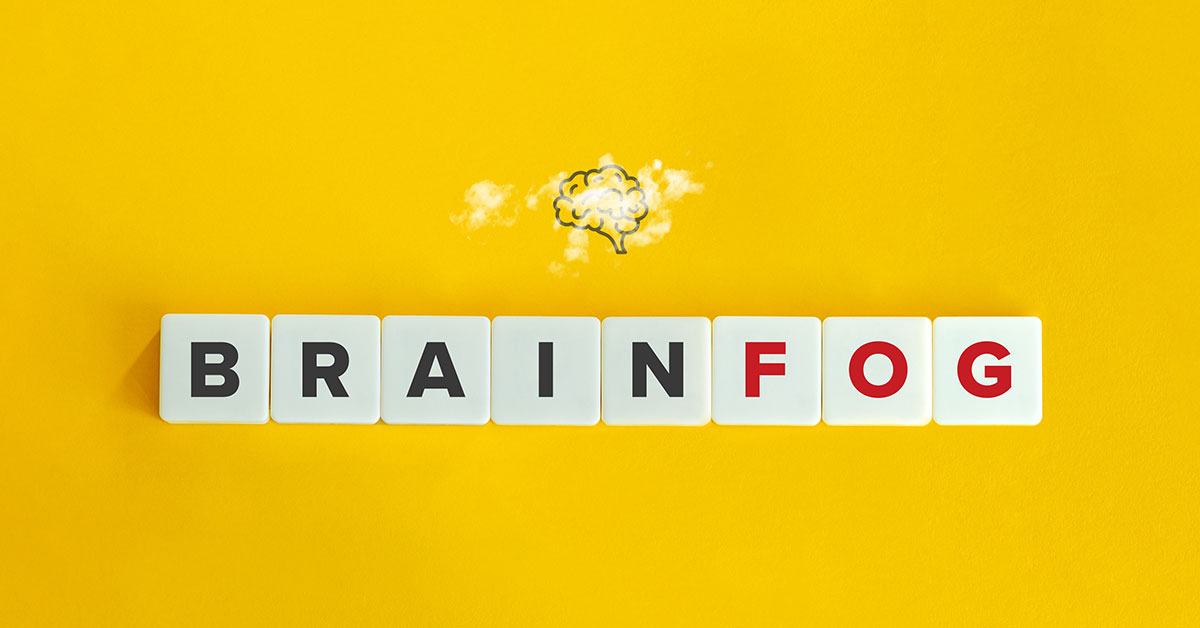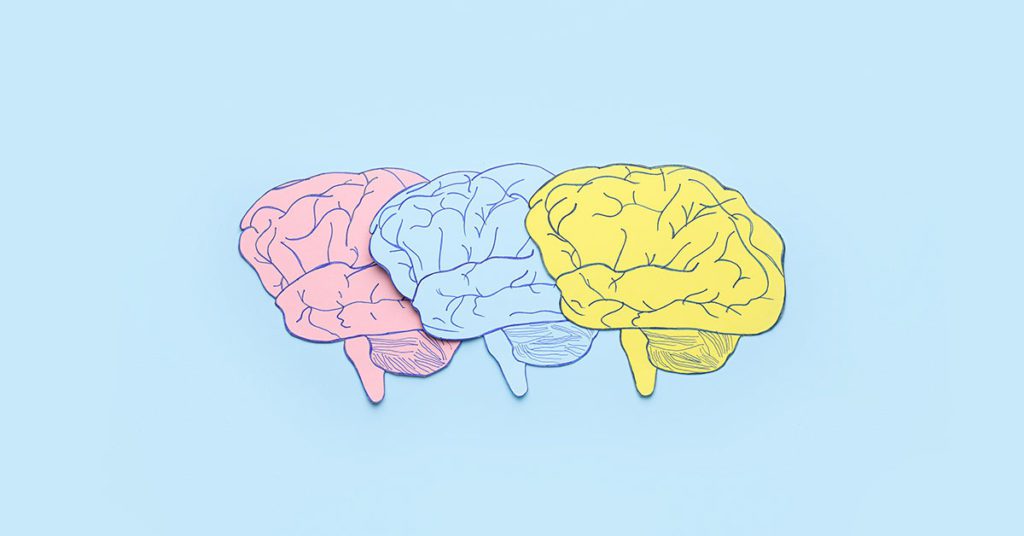Have you recently misplaced an everyday item that was in plain sight the whole time?
When you struggle with your memory, it can become frustrating in moments that demand focus and creativity.
“Brain fog” is that fuzzy feeling that affects your ability to concentrate and causes your memory to be blurry. It may feel like being trapped in a fog, and you may have trouble focusing.
It is not a medical condition, but rather an expression of your memory loss symptoms and changes in thinking. It can be an obstacle to overcome on your performance in your job, relationships, and everyday life.
Symptoms Of Brain Fog
Although brain fog can manifest in different ways, some common symptoms include:
- Struggles with cognitive function
- Difficulties in multitasking and concentration
- Memory problems
- Persistent feelings of chronic tiredness
- Depersonalization
You may say words that you don’t mean to say, and struggle to find the right words. You may also ask for others to repeat themselves.
Focusing on tasks can be more challenging. You may experience short and long-term memory loss.
Experiencing crushing fatigue can affect your motivations and evoke a general feeling of unwellness. You may experience anxious or disorganized thoughts or feelings of a blank mind.
The Worst Foods For Memory and Cognition
Eating unhealthy foods can increase your risk of inflammation. The brain and the gut are interconnected, and the foundation of your wellness. Avoiding certain foods can help prevent cognitive decline.
It is best to avoid inflammatory foods to support a healthy microbiome.
Some of the worst foods you can eat are readily available but should be avoided to protect your memory.
Excessive Sugar
This includes high-fructose corn syrup and sugars used in soft drinks and coffees. Monitor the added sugars in the foods and drinks you consume.
Sweetened drinks can increase inflammation and insulin resistance. It is possible to get a “sugar hangover”, which can cause foggy thinking and other negative side effects from the spike in blood sugar levels.
Highly Processed Foods
Limit consumption of foods processed with synthetic ingredients such as artificial flavoring, colors, additives, and preservatives.
Refined Carbs
White flour and other highly processed grains can increase inflammation in your hippocampus—an integral part of the brain responsible for memory.
Trans Fats
These unsaturated fats include hydrogenated vegetable oils found in butter, snacks, cookies, and more.
Alcohol
Alcohol is a neurotoxin that can potentially damage multiple structures in the brain and overall health. It can interfere with quality sleep because it reduces our rapid eye movement (REM) sleep. This can increase sleep disruptions and lead to memory decline.
Other Causes of Brain Fog
Brain fog is often a leading symptom that is the first to arrive in response to inflammation. In addition to poor diet, it can be brought on by exposure to toxins or lack of quality sleep.
Exposure to toxins can increase the development of inflammation in the body. Mold exposure is harmful to our health and a leading contributor to brain fog.
Complete a home inspection to check for signs of mold from internal water issues and be preventative, especially if you live in a humid climate.
Seven Ways To Improve Your Memory
Our brain’s neurotransmitters play a huge role in how we process memory and learning. Brain function can be improved with careful implementation of supplements and herbs.
1. Ginkgo Supplements
Taking ginkgo for memory loss is a healthy habit to protect cognitive wellbeing. Gingko biloba extract is considered a brain booster because of its ability to increase blood flow to the brain and improve concentration.
2. KetoFLEX 12/3 diet
Dr. Bredesen’s protocol follows recommended guidelines for regular exercise, fasting, quality sleep, and the KetoFLEX 12/3 diet. This diet encourages metabolic flexibility, reduces inflammation, and can promote improved cognition. The 12/3 represents the minimum amount of time you should spend fasting per day: at least 12 hours, including at least 3 hours before bedtime.
3. Gotu Kola Supplements for Brain Fog and Memory
This natural herb offers significant cognitive benefits and can increase focus and attention span.* It can be beneficial to take this in the form of a supplement for cognitive wellbeing.
4. Flavonoids In Green Tea
Drinking green tea can help optimize memory health. It contains naturally occurring flavonoids that penetrate the blood-brain barrier. Because flavonoids are rich in antioxidants and anti-inflammatory properties, they are beneficial brain boosters.
5. Reduce Contaminants By Drinking Filtered Water
Depending on where you live, there can be varying levels of chemicals such as heavy metals, toxins, and other contaminants in tap water. You can invest in a reverse osmosis water filter for a faucet to filter out chlorine and other potential contaminants. Another option is to obtain filters for a water pitcher.
6. Prioritize Quality Sleep
During restorative, deep sleep is when our memories get consolidated, so quality sleep is essential. Ensure you are getting enough restful sleep every night.
7. Regular Exercise
Physical and mental exercise helps enhance cognitive health through neurogenesis—the creation of new brain cells. During exercise, blood flow increases to the brain and delivers a healthy flow of oxygen and nutrients. Cardiovascular exercise has been proven to protect the grey matter of your brain and reduce brain atrophy.
8. Brain Games To Keep Your Mind Sharp
Exercising your mind with interactive brain games is an excellent way to keep your brain sharp and active.
Try doing some sudoku or crosswords. The Bronx Aging Study showed that completing crossword puzzles postponed the development of rapid memory decline by 2.54 years.
Looking for fun, healthy brain games that you can do anywhere? If you choose to subscribe to a monthly auto-ship of NeuroQ, this will unlock access to exciting brain games within the BrainHQ app!
Take Our Brain Fog Quiz to See if NeuroQ Can Help!
Brain fog can be a sign that something more is happening behind the scenes.
We all want to feel on top of our game, but sometimes we need a little boost to help us get there.
We’ve created the exclusive NeuroQ quiz to help you determine if the NeuroQ supplements could work for you! With all-natural, brain-boosting ingredients like gotu kola, ginkgo, turmeric, and more, NeuroQ can help your body create a complete brain defense system!
See where you stand with your overall brain health! Take the NeuroQ quiz to see what you can do to reduce brain fog and boost your brainpower today.





